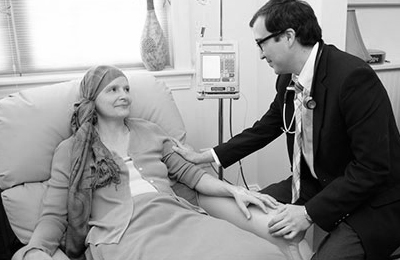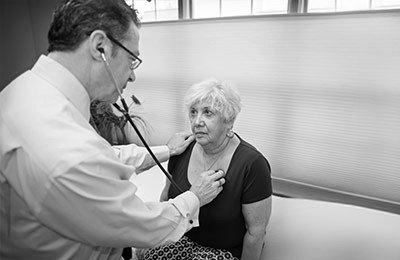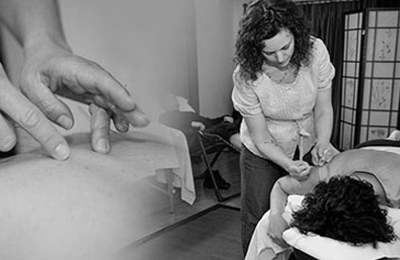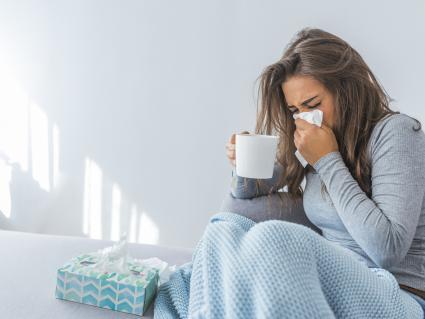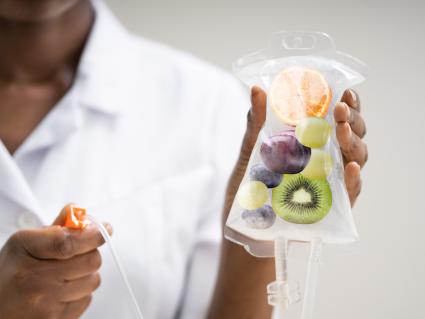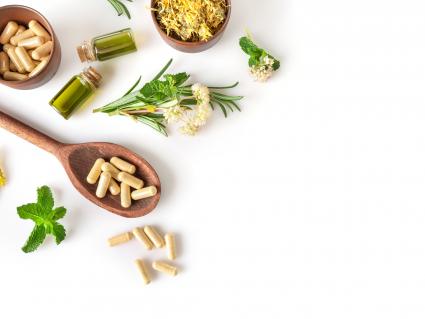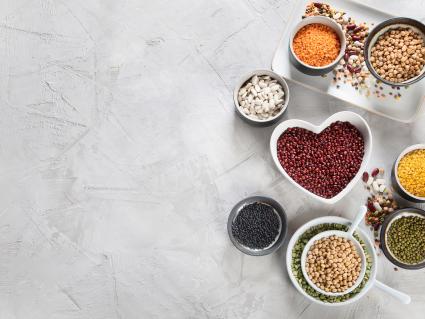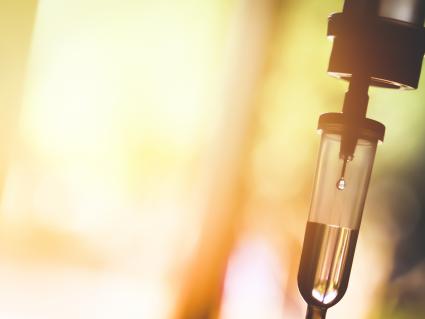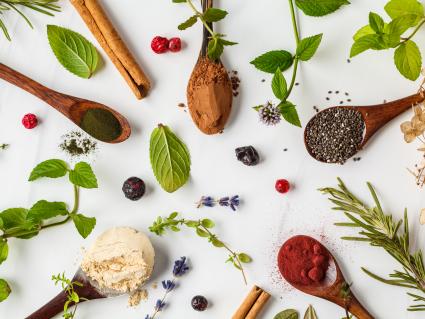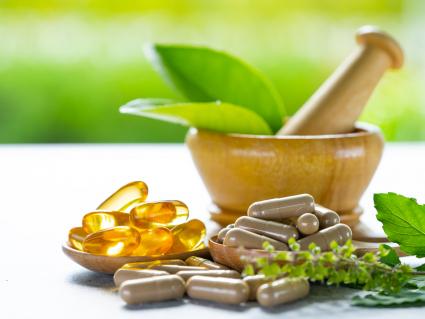Top 10 Suggestions For Best Breast Health

October is Breast Cancer Awareness Month. Here are the top 10 things you should be doing to be proactive with your breast health!
As the month of October is a reminder of the high incidence of breast cancer in this country, I took the opportunity to compile a list of strategies we can take to be proactive in minimizing our risk for breast cancer development:
- Eat an organic, primarily plant-based diet rich in cruciferous vegetables. In the body, estrogen is broken down into various metabolites that can be either protective (2-hydroxyestrones) or permissive (16-hydroxyestrones) for breast cells in terms of vulnerability to cancer transformation. Dietary measures such as consumption of cruciferous vegetables (broccoli, cauliflower, cabbage, Brussels sprouts, kale, bok choy, and others) and phytoestrogens (weak plant estrogens) such as ground flaxseed can help favor the protective estrogen metabolites, improving our resistance to breast cancer development.
- .Moderate alcohol drinking. In studies on primary prevention of breast cancer, alcohol intake is associated with increased breast cancer risk. Alcohol increases circulation of both androgens and estrogens; many studies have linked alcohol intake of more than one alcoholic drink per day with a number of cancers, including breast cancer.
- Avoid high sugar intake. High sugar intake increases calories in the diet and often prompts exclusion of more nutritious food. It can lead to weight gain and elevated insulin levels and other aspects of the metabolic syndrome, contributing to cancer cell growth.
- Drink organic green tea. Green tea is chemically a “polyphenol” that works as a natural aromatase inhibitor (similar to antiestrogens given in breast cancer treatment). Some clinical studies performed in China showed that green tea decreased the risk for development of breast cancer.
- Consume omega-3 fatty acids. Omega-3 fatty acids (EPA and DHA) are anti-inflammatory and are found in fish oil, flaxseed oil, and walnut oil, amongst others. Studies of fish oil intake have demonstrated a reduced risk of breast cancer in both pre- and post-menopausal women.
- Avoid environmental xenoestrogens. Certain chemicals can be converted in the body into molecules that mimic the effect of estrogen, increasing our risk for breast cancer. These include phthalates and parabens in skin or haircare products and pesticides. It is prudent to use personal care products that do not contain harmful chemicals and to avoid pesticide use.
- Get adequate vitamin D. Vitamin D deficiency is common, especially in patients who are acutely or chronically ill, and those residing in northern climates. Vitamin D is important in immunity and has an anticancer effect. Strong evidence exists that vitamin D (and calcium intake) can reduce the risk of breast cancer, so it is prudent to check a blood level and supplement if needed (in addition to getting daily sun exposure if possible).
- Maintain a healthy weight and active exercise routine. Obesity is a significant risk factor for breast cancer occurrence; achieving and maintaining a healthy, ideal body weight is important for breast health, and eating a mostly plant-based diet, as well as exercising regularly, is an important strategy to minimize risk of developing breast cancer.
- Protect sleep time and quality. Our bodies produce melatonin during sleep, and melatonin typically antagonizes the action of estrogen. Sleep is also restorative and supports a strong immune system. Lack of good quality and quantity of sleep, as well as disruption of the normal circadian rhythm, has been linked with a higher incidence of breast cancer.
- Control the stress response/mind-body therapies. When we are in “fight or flight” mode (sympathetic nervous overdrive), particularly when in stressful circumstances, our immune system is more vulnerable and natural killer cell activity (cancer surveillance cells) declines; this creates a permissive environment for cancer to flourish. The opposite is true when we are in a relaxation state (parasympathetic nervous system predominance), and our immune systems are more resilient. Decreasing our stress response and purposefully pursuing mind-body therapies that can induce the relaxation response can be prudent to avoid illness.
May you enjoy the brilliant autumn colors in good health!

